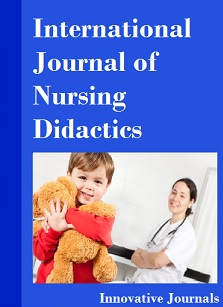Attitudes towards pandemic in the literature from 2020 to 2024
##plugins.themes.bootstrap3.article.main##
Abstract
The SARS CoV-2 coronavirus pandemic and the COVID-19 disease impacted the educational system and Higher Education Institutions (HEIs). University institutionalism, understood as academic, professional and labor regulations, can be explained from its attitudinal dimensions. In this way, the provisions against or in favor of anti-COVID-19 policies, consisting of distancing and confinement, anticipate risk scenarios of contagion, illness and death. Attitudes towards anti-COVID-19 institutionalism predict scenarios of stigma, entrepreneurship, innovation, training or performance. The importance of attitudes, as long as they are measured as anti- or pro-confinement and distancing dispositions in the face of pandemic, lies in their explanatory capacity for risk exposure behaviors. Therefore, the diagnosis of attitudes in students selected for professional practices and social services in public health institutions will allow us to appreciate the intentions and decisions of exposure to risks associated with the health crisis. The objective of the present work was to specify a model for the study of attitudes towards the effects of the pandemic on the environment. An exploratory, cross-sectional and correlational work was carried out with 100 students, considering their confinement and intensive use of electronic technologies, devices and networks. A factorial structure was found that explained 35% of the total variance, although the research design limited the results to the study setting, suggesting the extension of the work towards the contrast of the proposed model.

